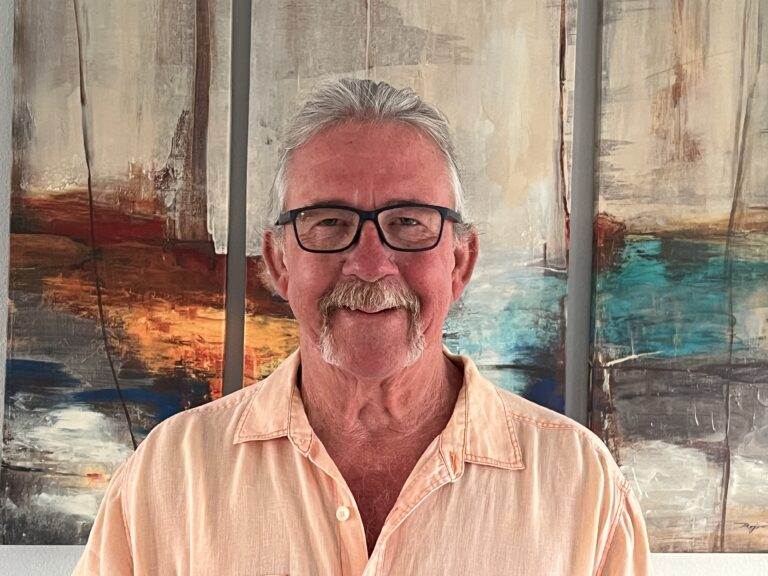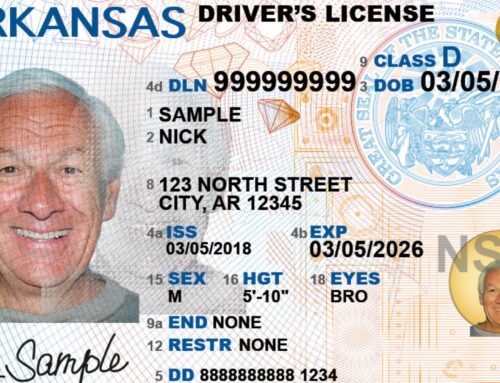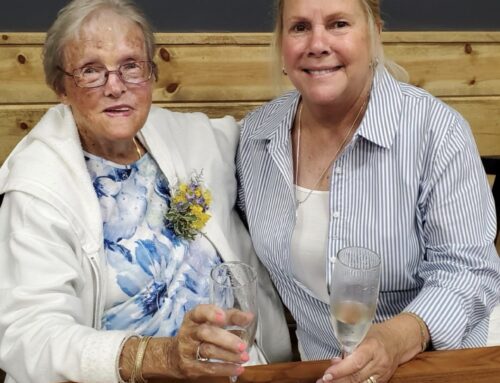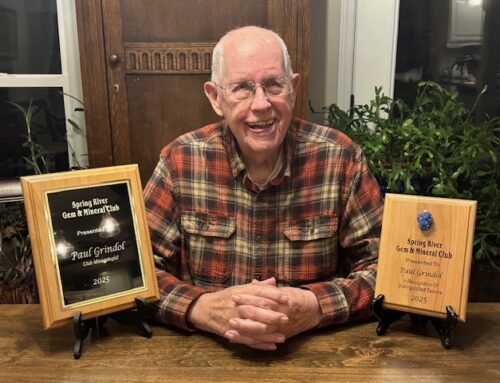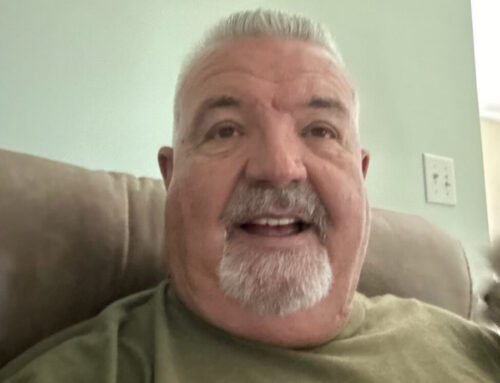Self-care is a challenging practice. How can we do things for ourself without feeling selfish or self-centered? Many of us have been taught that putting others ahead of ourself is virtuous. To value and implement self-care may even come across as narcissistic. Some of the barriers to self-care may include feelings of guilt, a self-perception of unworthiness, and time management. How can we overcome the barriers to self-care?
First, I think it is important to understand that there is a difference between self-care and narcissism. Narcissism is an inflated sense of self-importance along with little to no concernfor the well-being of other people. The National Institute of Mental Health (NIMH) defines self-care as “…an intentional practice of caring for oneself, encompassing activities that promote well-being on all levels. It goes beyond surface level pampering and dives deep into nourishing our mind, body, and soul.”
Secondly, we can practice self-care and be altruistic. One does not exclude the other. There is tremendous value in volunteeringin worthy causes such as those that help people and those that may help the world become a better place. Also, getting involved in a worthy cause can lead to discovering a sense of purpose and meaning. The key is balance.
Thirdly, you deserve it. Why treat yourself in any way less than you might treat someone else. Even Jesus said, “Love your neighbor as yourself.”
In closing, the first time I “really listened” to the safety instructions given by airline personnel prior to takeoff,something struck me odd. We were instructed that in case of an emergency, when the oxygen masks dropped down that we were to first secure the oxygen masks on ourselves before we attempted to help place them onto those seating next to us. I wondered why would we not try to help small children or someone injured first and then secure our oxygen mask. Eventually it dawned on me that if we were incapacitated thenwe would not be able to help anyone else. I believe the better we care for ourselves then the more effective we are in helping others.

